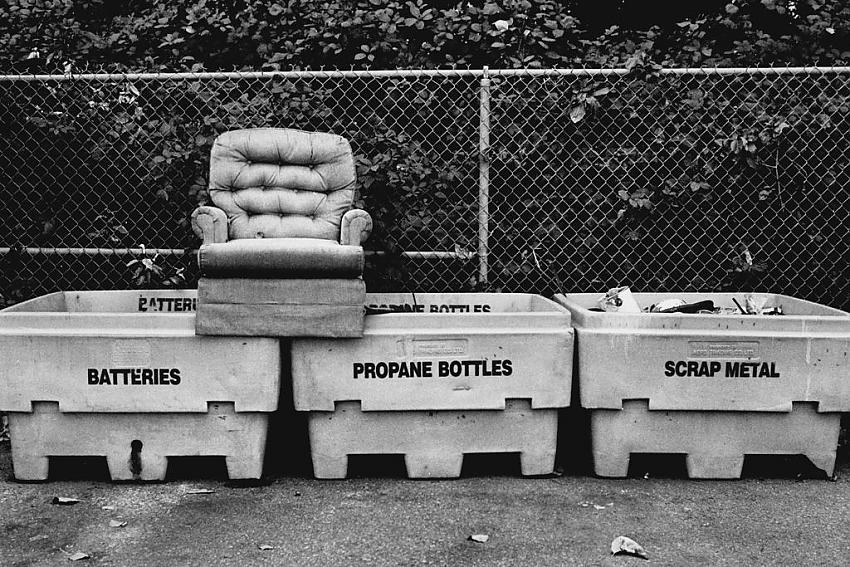ChristopherCoy
Subscriber
I'm reading this book titled "Tao of Photography" by Tom Ang, and I was just struck by one of the first paragraphs in the beginning chapter. Steve states that photographers learn to see in two different ways. One way is "unencumbered, free and effortless," and the other is "cumbersome, slow and inefficient." He goes on to state that photographers often suffer great frustration from getting stuck between the two ways of seeing.
And after contemplating that a minute, I realize this is true for me. For instance, if I'm out for a walk and I see - lets say a flower - I can compose a shot in my head that looks nice. However, instead of relying on my knowledge to compose the shot, I rely on the technology. I use the cameras light meter, or rely on an exposure mode to make the photograph. Usually, about the only thing that I have any say so in, is whether I'm going to have a shallow, or deep depth of field. I never tell the camera that I want this shot slightly overexposed, or slightly underexposed. I just rely on the camera to meter the shot from one side of the viewfinder to the other, and do what it does.
And as it often happens, I always end up frustrated because the bright flower that I envisioned, ends up being slightly dimmer than I wanted, or blown out because I was too concerned with the background, or making sure other areas of the image were exposed properly. Whether in the darkroom, or in the editing software, I usually end up becoming further defeated because I have to spend so much time "fixing" things that didn't turn out like I wanted, simply because I broke them to begin with. So it's a non-stop cycle that, over time, becomes extremely exhausting.
I've got an unofficial NY's resolution to take elevate my photography this year, and I think I'm going to start by devising some "seeing" exercises.
ETA: After a few responses, I see that my original intent is less about "seeing" and more about realizing and image that has been "seen."
And after contemplating that a minute, I realize this is true for me. For instance, if I'm out for a walk and I see - lets say a flower - I can compose a shot in my head that looks nice. However, instead of relying on my knowledge to compose the shot, I rely on the technology. I use the cameras light meter, or rely on an exposure mode to make the photograph. Usually, about the only thing that I have any say so in, is whether I'm going to have a shallow, or deep depth of field. I never tell the camera that I want this shot slightly overexposed, or slightly underexposed. I just rely on the camera to meter the shot from one side of the viewfinder to the other, and do what it does.
And as it often happens, I always end up frustrated because the bright flower that I envisioned, ends up being slightly dimmer than I wanted, or blown out because I was too concerned with the background, or making sure other areas of the image were exposed properly. Whether in the darkroom, or in the editing software, I usually end up becoming further defeated because I have to spend so much time "fixing" things that didn't turn out like I wanted, simply because I broke them to begin with. So it's a non-stop cycle that, over time, becomes extremely exhausting.
I've got an unofficial NY's resolution to take elevate my photography this year, and I think I'm going to start by devising some "seeing" exercises.
ETA: After a few responses, I see that my original intent is less about "seeing" and more about realizing and image that has been "seen."
Last edited:



